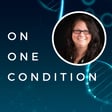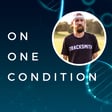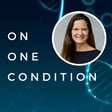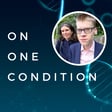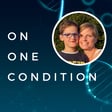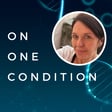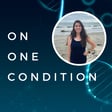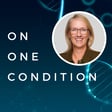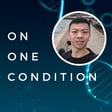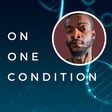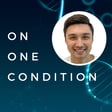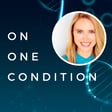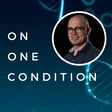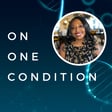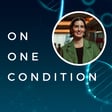
Episode 76: Angela Papazoglou - IRF2BPL
This is the story of Yiannis, nicknamed “Mr. Sunshine”, told by his mother Angela. Yiannis is a 5-year-old boy who lives with the ultra-rare IRF2BPL-related disorder, which has affected his development in many ways. Angela describes the profound ways in which this condition has reshaped their lives, and how hope is their drive to make a difference for Yiannis and other children affected by IRF2BPL.
Angela’s story is one of fierce advocacy and unconditional love. After Yiannis’ diagnosis, she and her husband founded Yellow for Yiannis, a foundation devoted to advancing research into the condition and supporting other families facing similar diagnoses. Angela balances the day-to-day joy of raising her son, with her fight to be heard by the scientific community to find a suitable treatment for Yannis.
Music, especially “Here Comes the Sun” by The Beatles, plays a central role in their lives. Angela naturally selected this song for this episode.
